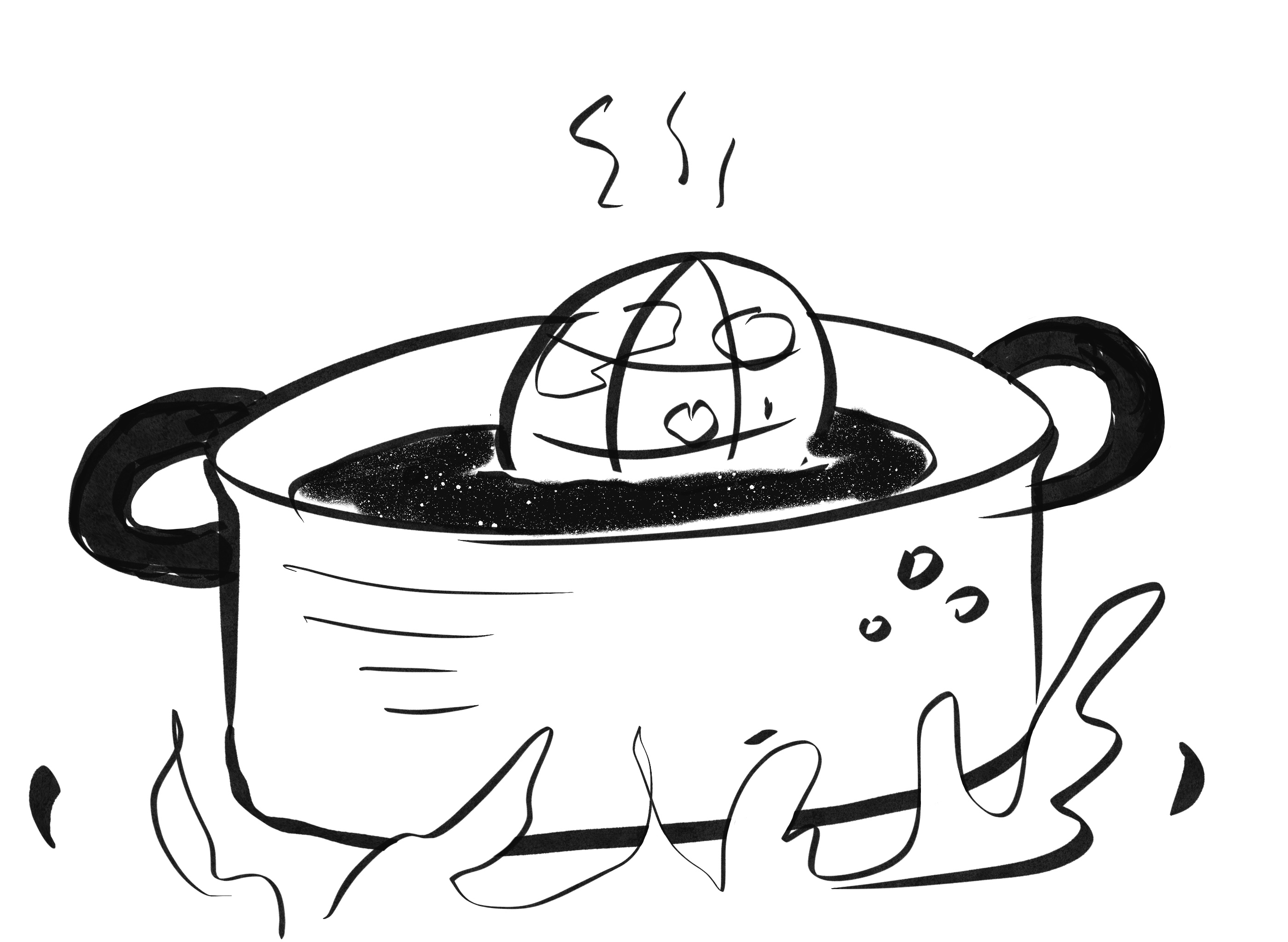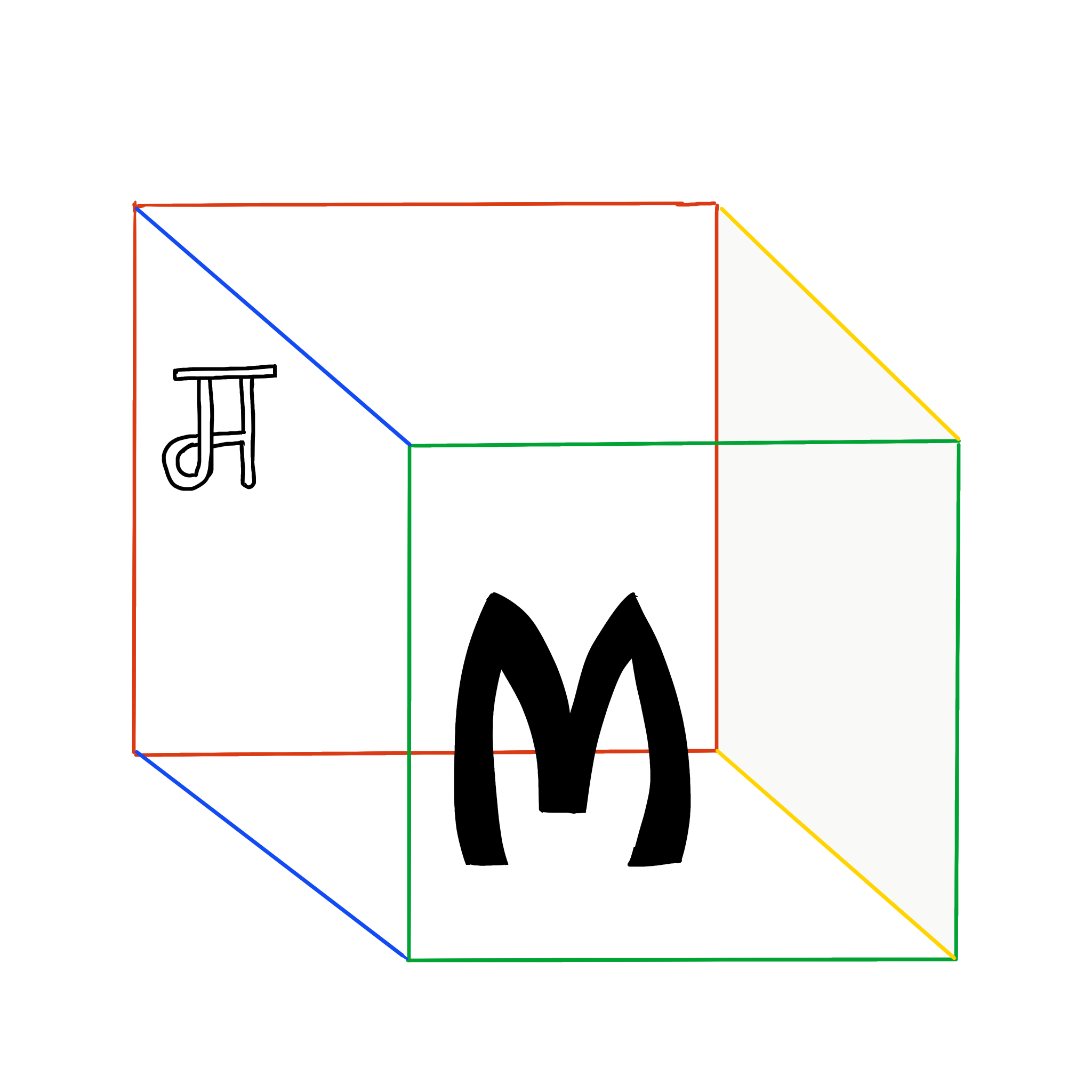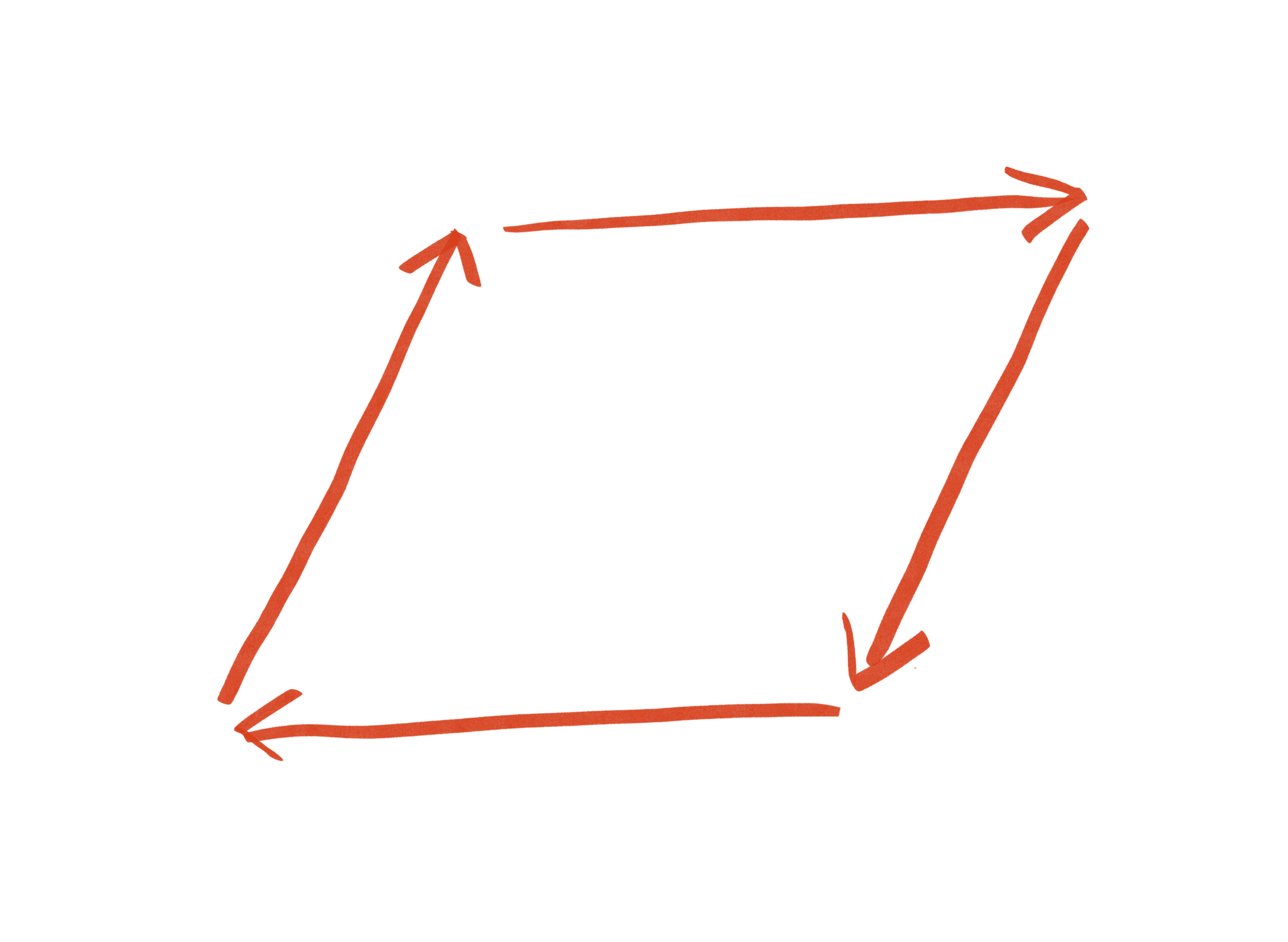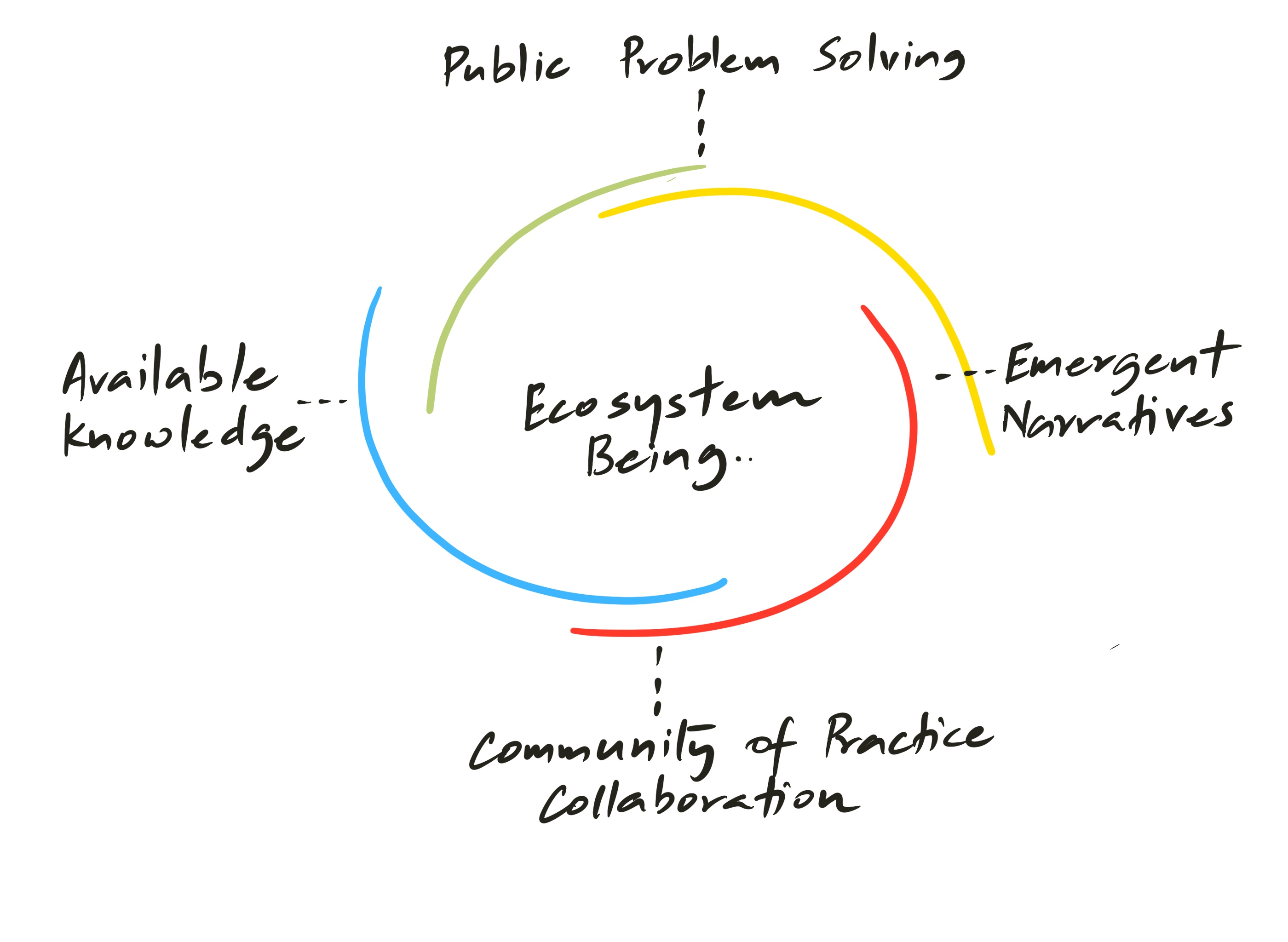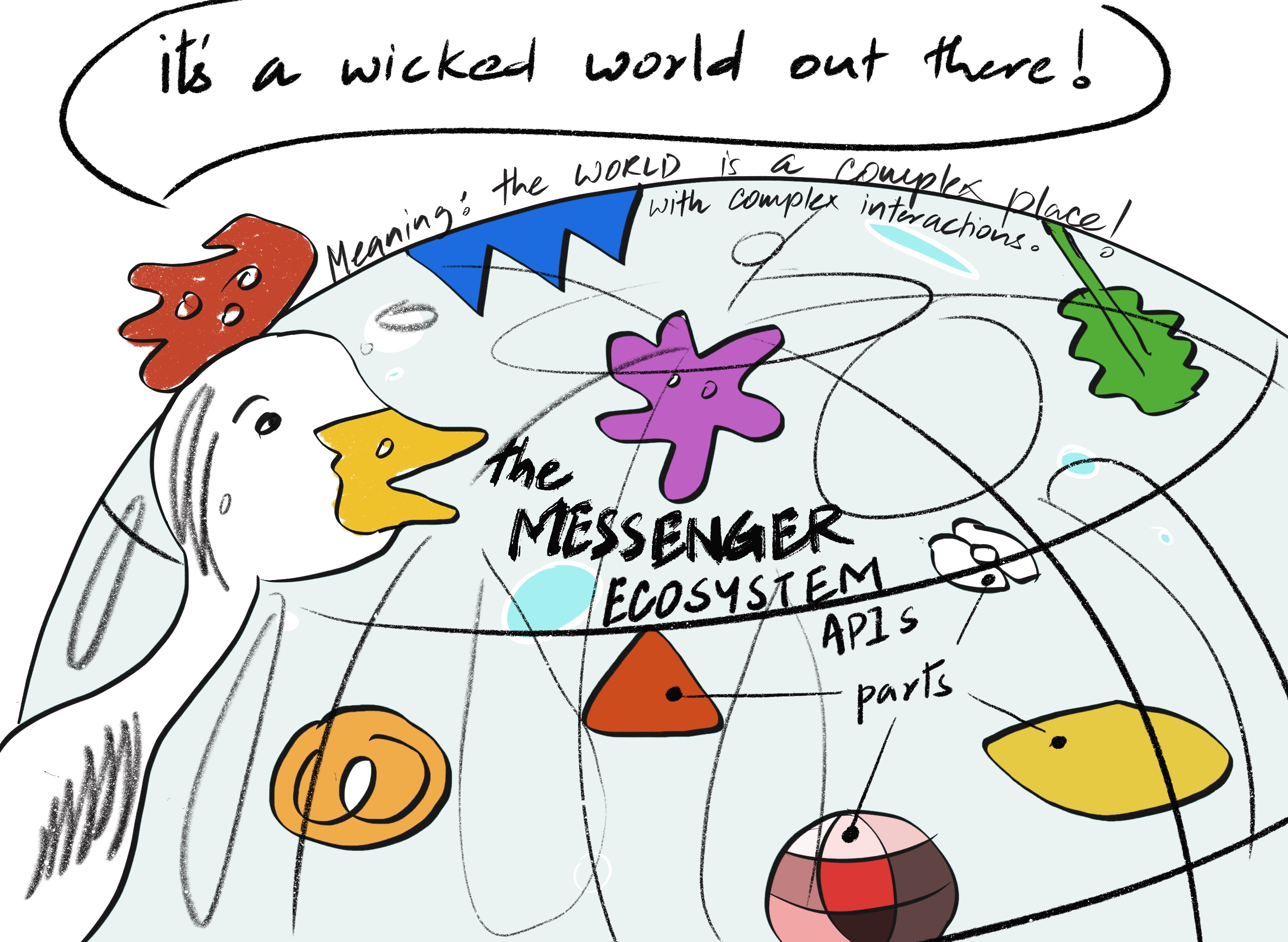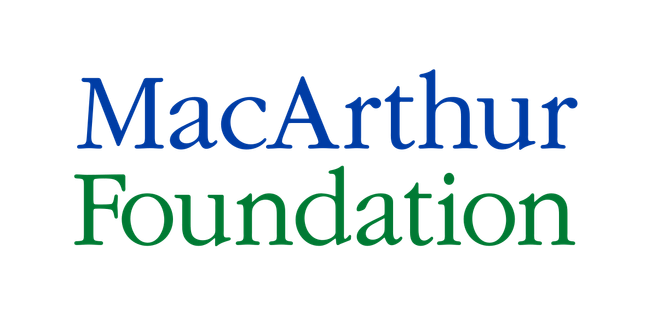Midwifing Collective Wisdom
A studio for thinking through and solving wicked problems
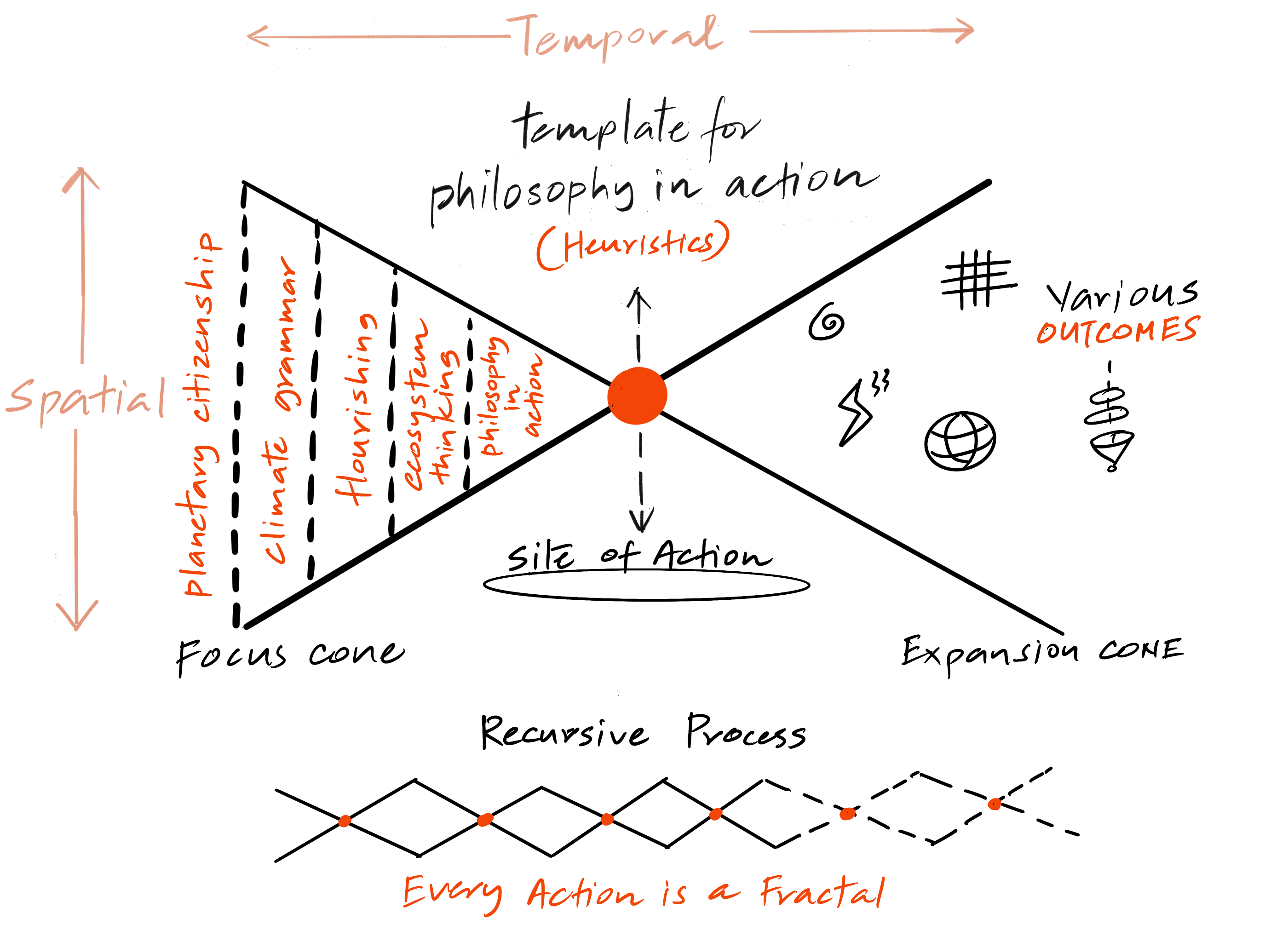
The world has many ‘wicked’ problems that defy easy solutions. These problems are systemic, interrelated and intractable. We need collective wisdom to engage with the wickedness. This wisdom exists amongst us. However, it needs to be surfaced.
We bring together the 'right' people to carefully designed spaces. Over time we prototype some ideas emerging from these spaces. We also produce and distribute tools to imagine, think and solve.
Socratus seeks to midwife the collective wisdom that is needed. Socratus strives for a flourishing society on a thriving planet. We think through products and spaces. We create process and tools as our products for planetary commons.
Menu
Wystem EPI (Ecosystem Programming Interface)
We are attempting to build an EPI (ecosystem programming interface) with our wisdom system, or Wystem as we call it, that uses computational concepts to help us build more robust ecosystems: recipes, exchanges and interfaces.

Citizen Juries
It is a space in which a jury comprised of regular people sit in judgement of policies made for them. Experts present their policies to an audience of representatives of various people's groups - as a way of enacting participatory citizenship.
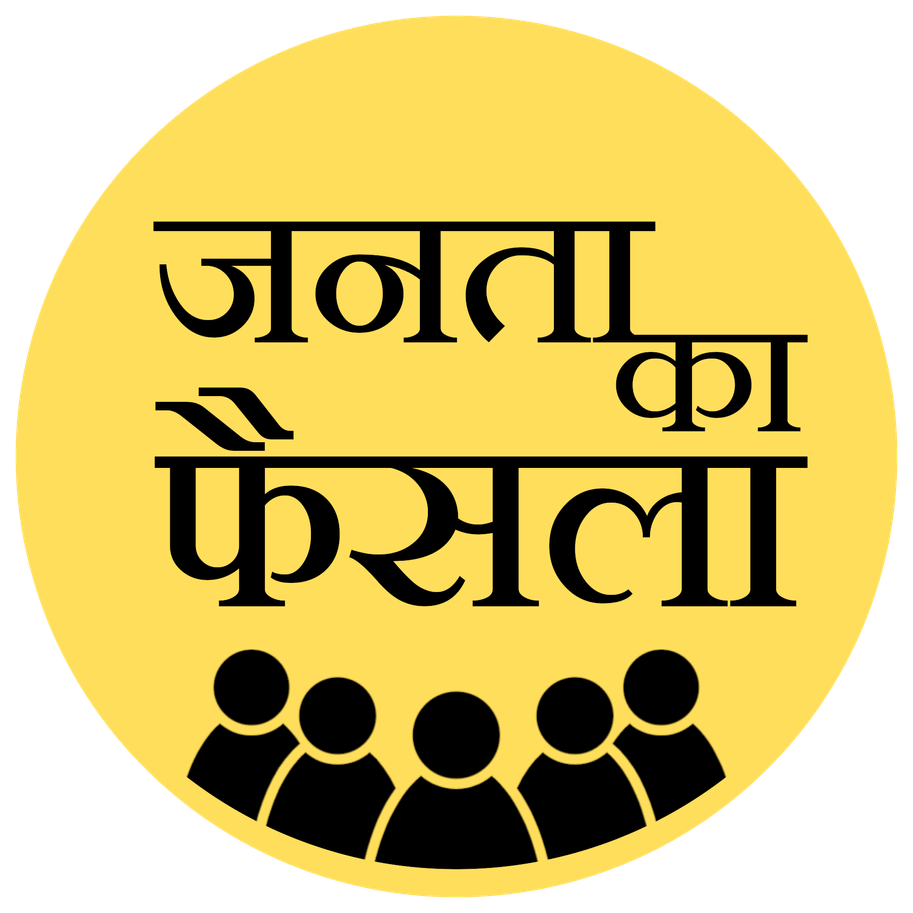
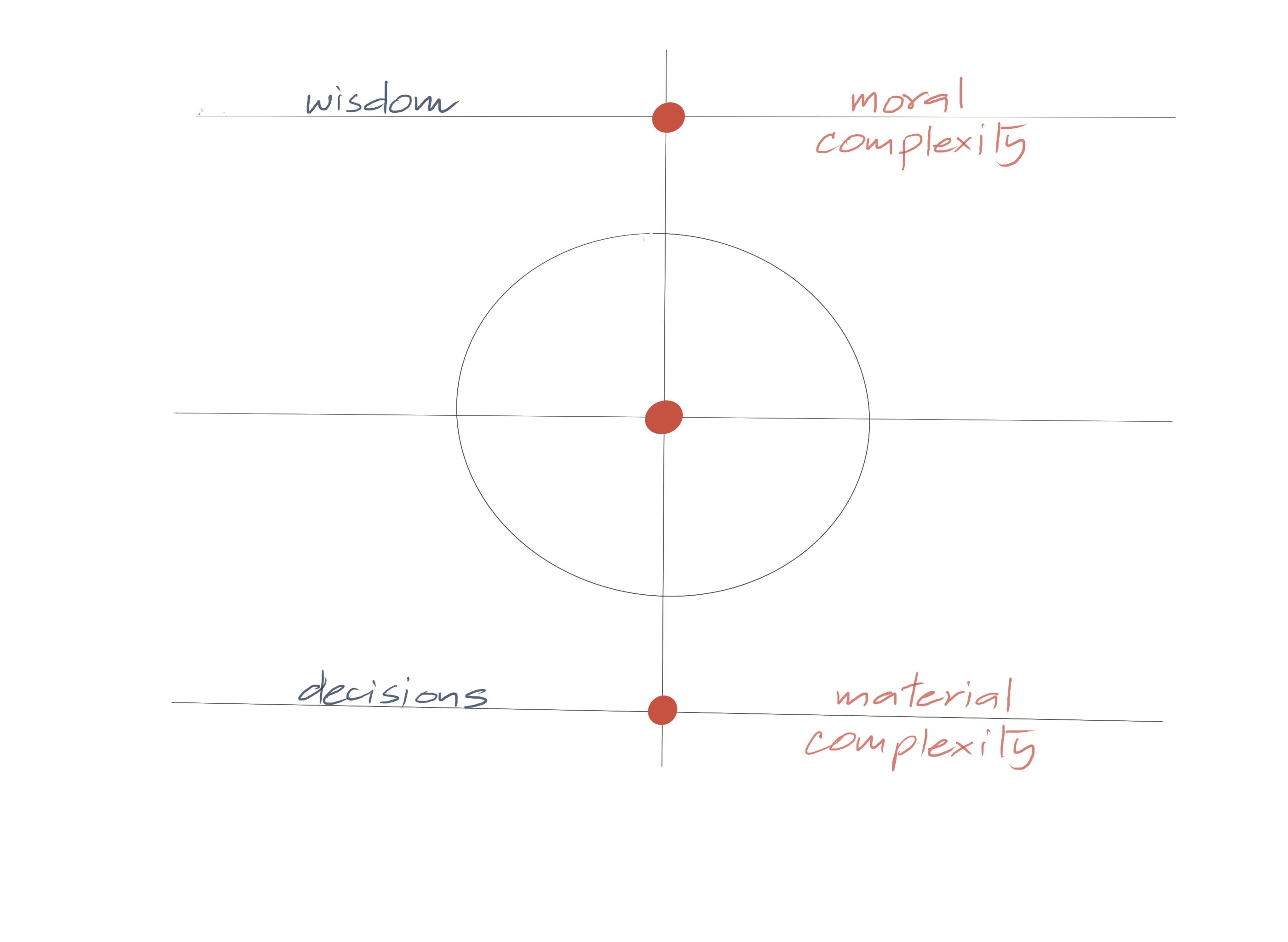
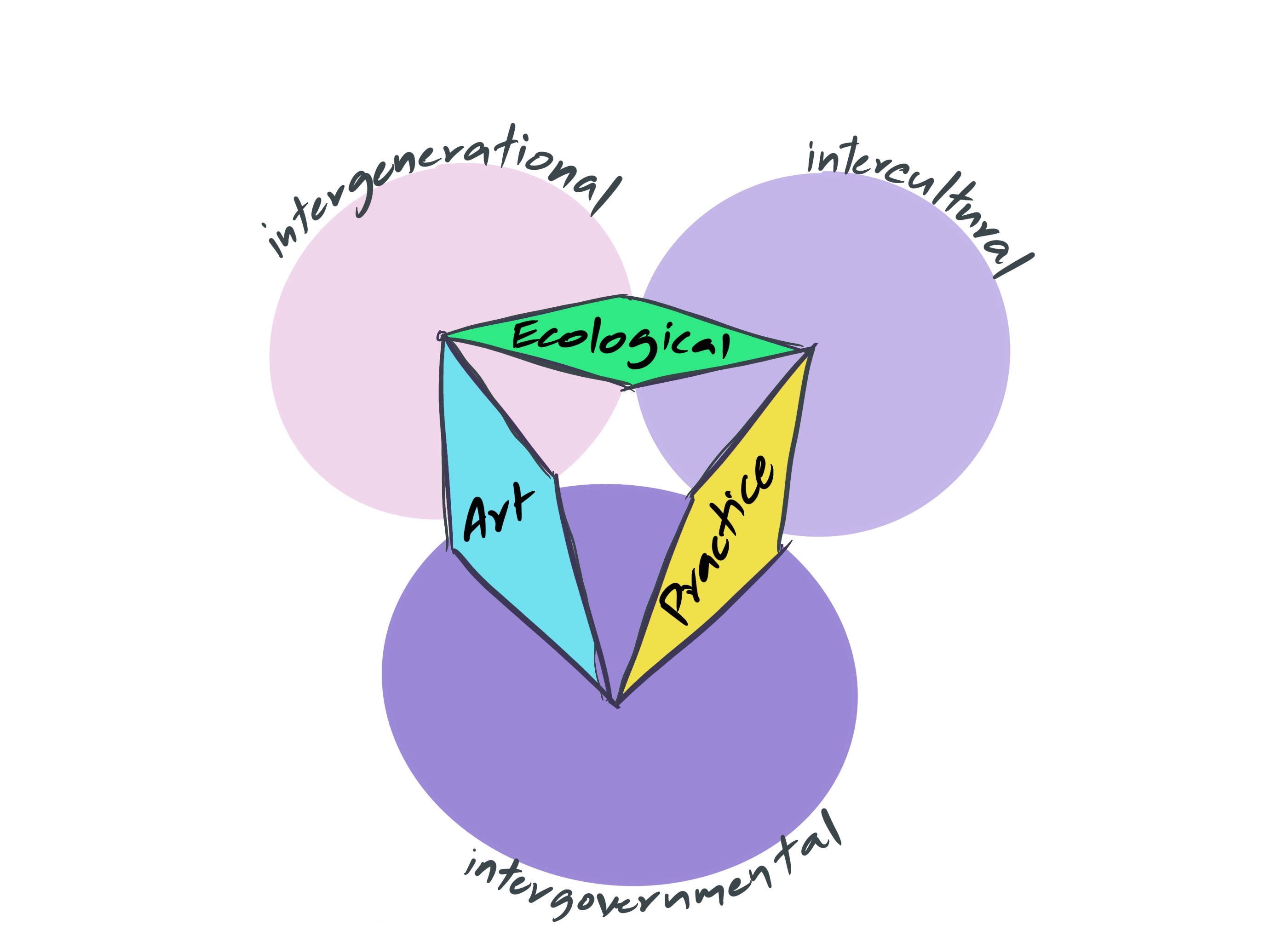
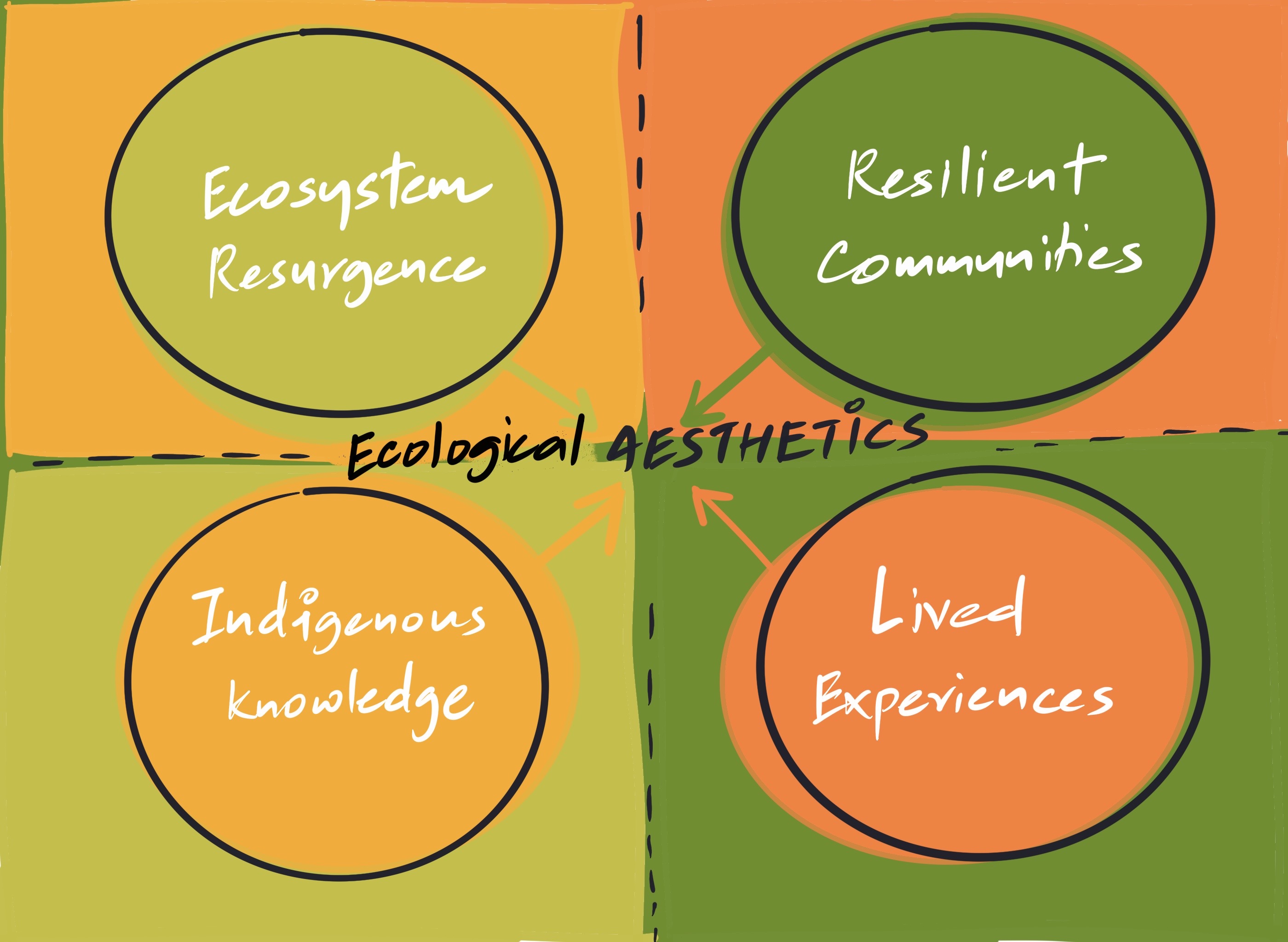
Cooking with
Indigenous arts and crafts
Decentralised knowledge on blockchain
Knowledge exchange interfaces
Art & educational organisations
Scientists, writers, philosophers, teachers, chefs, farmers, foragers, interspecies dialogues
Wisdom generation
Technology and social movements
Interdisciplinary ecosystem organisations
Participatory public arts
Open to everyone
